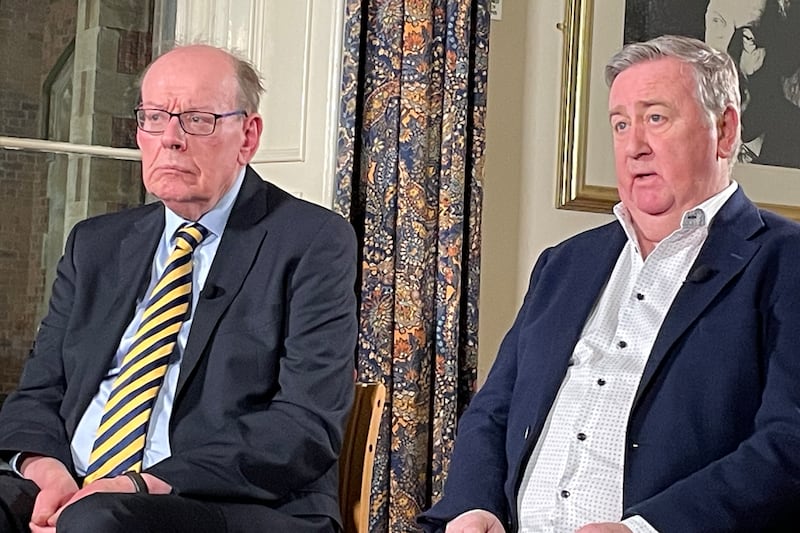Researchers at Queen’s University Belfast are to investigate the reasons behind growing levels of atheism across the world.
While scholars have long pondered the meaning of existence and a higher power, academics are now hoping to unpack the reasons behind why some believe and others do not.
Two popular views include an increase in scientific knowledge, while some religious personalities see atheism as a result of individual selfishness or a desire to rebel.
The ‘Explaining Atheism’ project aims to interrogate these claims with a focus on six countries; Brazil, China, Denmark, Japan, the UK and the USA.
Dr Jonathan Lanman, a senior lecturer in Cognitive Anthropology, is leading an international team of academics for a three-year project with £2.7m of funding.
“There are growing numbers of atheists/agnostics in countries across the world. Our recently completed ‘Understanding Unbelief’ programme looked beyond the stereotypes and helped to document some of the world’s rich diversity in atheism and agnosticism,” he said.
“Now ‘Explaining Atheism’ aims to answer the questions of why and how this growth is happening and consider what our answers might mean for the future of religion, atheism, agnosticism, and of our societies.”
Dr Lois Lee from the University of Kent is co-leading the project and said she hoped the findings could shape public policy in the future as society changes.
“These are not only academic questions but matters of public debate, policy and law,” she said.
“We are keen to engage the public and the media in our work and we have a funding initiative specifically for those working outside of academia – in policy, documentary photography and film, the arts, digital media and data visualisation, education and beyond – to help us make sure our work is not only exciting for academics but reaching and learning from wider audiences.”
A wider team of affiliated researchers will also investigate atheism in other countries including the Republic, Poland and Egypt.








